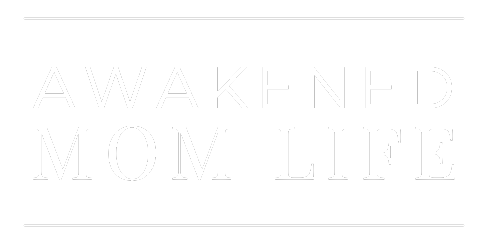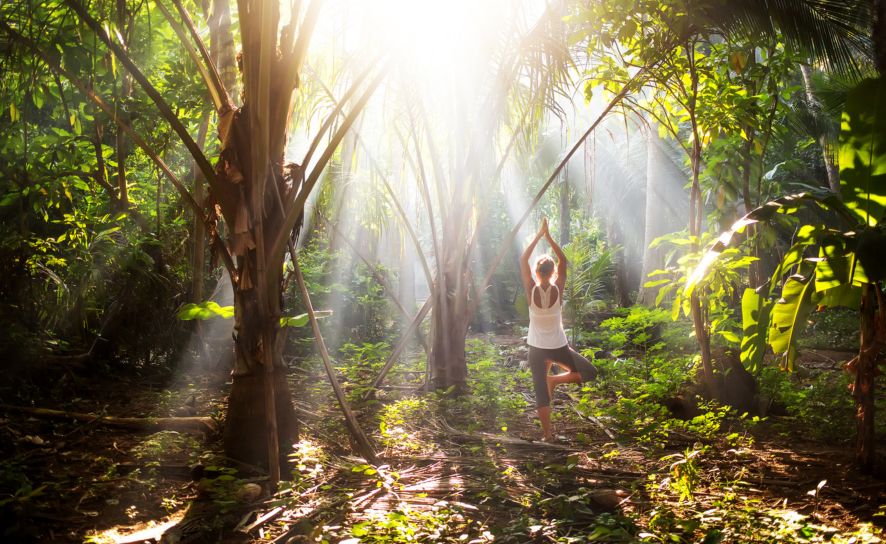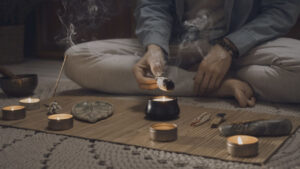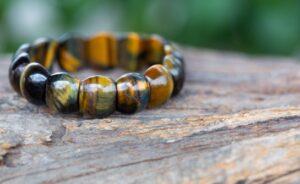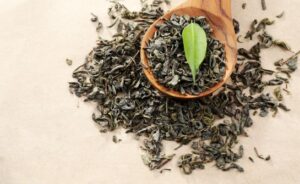Trauma has a way of shaping our perception of the world, often leading us to believe things that aren’t true. It’s like wearing a pair of glasses with smudged lenses—the view is distorted, and we start to accept the distortion as reality.
For years, I lived my life based on beliefs that were deeply rooted in the pain and fear of my past. These beliefs were like uninvited guests that overstayed their welcome, determining how I saw myself, others, and the world around me.
In this blog, I’m opening up about the five biggest lies my trauma taught me. These are the lies that kept me trapped, feeling unworthy, disconnected, and fearful. But here’s the thing: these lies are just that—lies. I can look back now and see the invaluable lesson they taught me and how it’s helped me find my true self.
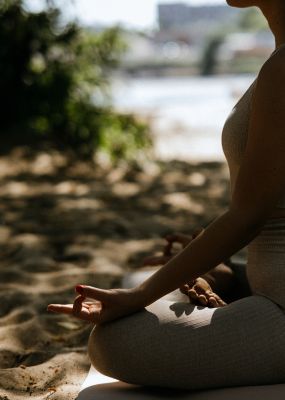
Remember, trauma doesn’t define you; it’s a piece of your history that you learn to release and learn from. It takes time, patience, the right tools, and a lot of inner work, but slowly, you, too, can unlearn these falsehoods and replace them with truths that empower you to live authentically.
If you’ve ever felt weighed down by the beliefs that stem from your own trauma, I hope my journey resonates with you. Let’s explore these five lies and the truths that can set us free.
“My Worth is Determined by Your Opinion of Me”
For most of my life, this was subconscious. I found myself constantly adjusting my behavior to win the approval of others, often without even realizing it. I became a chameleon, blending into whatever environment I was in, molding myself to fit the expectations and desires of those around me. The mere thought that someone might not like me was unbearable.
It was exhausting, yet I didn’t know any other way to feel valued or accepted. My sense of self became fragmented, tied to the ever-changing opinions of others.
This leads us to lose touch with ourselves. We become so good at reading others that we can’t even understand what we want. Deep down, I believed that if someone didn’t like me, it meant I wasn’t good enough.
If someone praised me, I felt a millisecond of worthiness; if they criticized me, I desperately spiraled into self-doubt, shame, and self-loathing. It was like a never-ending emotional roller coaster.
Here’s the truth:
Your worth is inherent. It doesn’t depend on anyone else’s approval or validation. The odds of being born to be about one in 400 trillion…. doesn’t that tell you something?
Today, I fully embrace that my worth is not negotiable; it’s a constant that no one else can determine.
“Boundaries are Bad and Selfish”
I grew up thinking that setting boundaries meant I was selfish or uncaring. I didn’t even know what boundaries were because I never learned about them.
As a child, I didn’t have any sense of privacy or independence. Everything in my life felt connected to what others wanted or needed. I never understood what it meant to have personal space or the right to say “no” because it was not allowed.
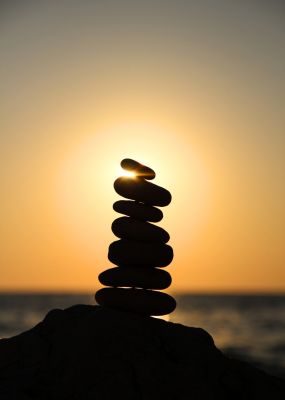
Because of my trauma, I believed that to be loved or accepted, I had to be available to others all the time. I thought they wouldn’t accept me if I wasn’t always there for people. I put everyone else’s needs first, always self-sacrificing, thinking that was the only way to be valued.
Saying “no” or thinking about my own needs felt selfish and deeply wrong as if it would prove I wasn’t worthy of love unless I was constantly giving.
Here’s the truth:
Boundaries are the ultimate act of self-love and self-care. They aren’t walls; they are gates that allow you to create healthy limits and meet your own needs.
When we don’t have boundaries, we lose sight of who we truly are. Without clear limits, we become so focused on meeting the needs and expectations of others that we forget our own desires, values, and needs. Our identity gets blurred, and we end up feeling disconnected from ourselves.
Without boundaries, we also lose our ability to protect our energy and well-being. We allow others to overstep, draining us emotionally, mentally, and even physically. Over time, this leads to burnout, resentment, and a deep sense of exhaustion. We end up giving so much of ourselves that there’s nothing left, leaving us feeling empty and lost.
Boundaries are essential for staying true to who we are and navigating life in a way that honors our needs and values.
“Emotions are a Sign of Weakness”
In a world that often praises stoicism, I was taught to hide my emotions, believing that showing them made me weak. As a little girl (who was deeply sensitive) growing up in a chaotic and masculine environment (assertiveness and toughness were valued above all else), I quickly learned that vulnerability was something to be avoided.
I absorbed the message that expressing emotions—like sadness or fear—was a sign of weakness. When I let my true feelings show, I would be judged, dismissed, or even ridiculed. So, I always did my best to bury them deep inside, putting on a brave face to fit in and be accepted.
This is another part of losing ourselves. We become so “good” at hiding our emotions that we get to a point where we don’t even know what’s true anymore. As I grew older, I realized I had no idea who I was or what I truly wanted. I couldn’t even express myself truthfully because I had spent so many years masking my true feelings.
I began to realize that hiding my emotions didn’t protect me—it only isolated me, made me feel miserable, and disconnected me from my true self.
Here’s the truth:
Is it more brave to show emotions or to hide them? It takes a lot of courage to own your feelings; that’s strength. Learning to embrace my emotions, feel them fully, and express them honestly became vital to rediscover who I am.
I started to see that emotions were a gift that helped me understand myself. They were trying to help guide me, but I was too busy ignoring them. The more I shoved them down, the more painful my life became.
It wasn’t until I finally allowed myself to feel and process all of my emotions that I started feeling more joy and inner peace. I finally began to find my genuine self and realize that my emotions were not something to be feared or suppressed but embraced as an essential part of who I am.
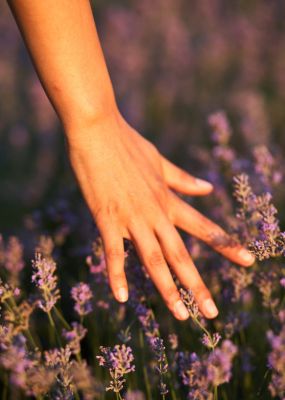
“I’m Too Sensitive, and There’s Something Wrong with Me”
“I’m too sensitive.” These words echoed in my mind for decades, making me believe that my deep feelings were a flaw. I couldn’t understand why others were always okay when I was desperately struggling to cope.
Trauma convinced me that my sensitivity made me defective. So, I did everything in my power to hide it, pretending to be someone I wasn’t. I tried to fit into a mold that didn’t belong to me, adopting behaviors and attitudes that were far from my true nature.
This led me to overcompensate in ways that were exhausting and unsustainable. I became hyper-focused on being strong, stoic, and unshakable, often pushing myself beyond my limits to prove that I wasn’t weak. I would ignore my feelings, needs, and instincts, trying to show the world—and myself—that I was tough enough and could handle anything without being “too sensitive.”
Here’s the truth:
Sensitivity is a beautiful gift. Yes, it led to a great deal of pain, but it’s also allowed me to experience more of the beauty in life.
Because of my sensitivity, I can find joy in the smallest moments: the sun’s warmth on my skin, the gentle rustling of leaves in the wind, or the quiet connection in a shared glance with a loved one. It has allowed me to experience love, compassion, and empathy on a deeper level, making my relationships more meaningful and enriching. I can sense the unspoken, appreciate the subtle, and be moved by the ordinary in extraordinary ways.
In the end, sensitivity is not just a gift; it’s a superpower. It allows us to be more in tune with ourselves and the world, to experience life fully, and to connect with others on a profound level. Yes, it may bring pain, but it also brings an incredible capacity for love, joy, and appreciation for the beauty surrounding us.
“I Can’t Trust Myself. Others Know Better Than Me”
Perhaps the most damaging lie trauma taught me was that I couldn’t trust myself. I came to view my instincts and intuition with suspicion, convinced that others knew better—whether it was about decisions in my life, my emotions, or even the state of my body.
I internalized the idea that my judgment was flawed, unreliable, and inherently inferior to the opinions of those around me. This belief was like a slow poison, eroding my confidence and disconnecting me from my inner voice.
Because of this, I became incredibly susceptible to gaslighting. When someone questioned my reality or dismissed my feelings, I didn’t doubt them—I doubted myself. I believed that others must be right and that I must be wrong, even when my body and emotions were telling me otherwise.
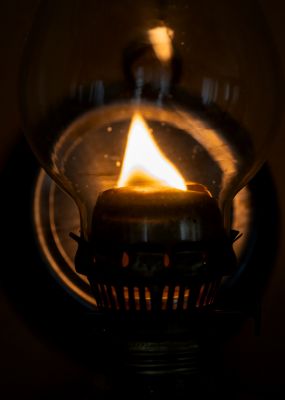
I allowed others to dictate what I should feel, think, or do, often ignoring my own needs and desires in the process. I trusted their interpretations over my own, no matter how out of alignment it felt.
This lack of self-trust left me vulnerable to manipulation and made it difficult for me to stand up for myself. I would second-guess my decisions, seeking validation and reassurance from others, even when, deep down, I knew what was right for me. Over time, this constant questioning of myself took a toll on my self-esteem, making me feel powerless and disconnected from my true self.
Here’s the truth:
This lie kept me disconnected from my inner wisdom for years. Slowly, I learned to trust myself again and listen to that inner voice that knows what’s best for me.
Rebuilding trust in myself has been one of my healing journey’s most challenging yet liberating parts. It meant learning to listen to my intuition again and honor my feelings and experiences as valid and important.
I had to reframe how I saw myself—not as someone who needed others to guide me, but as someone who has an inner wisdom that is strong, trustworthy, and uniquely my own. By reclaiming my self-trust, I’ve begun to navigate life with greater confidence and clarity, knowing that I am capable of making decisions that honor my true self.
I am the expert of my life and can trust my inner wisdom.
Conclusion
Unlearning these lies was a journey—a journey of returning to myself. If you’re struggling with similar beliefs, know that healing is possible. It starts with recognizing the lies and choosing to believe in the truths that support your growth, well-being, and authentic self.
You’re not alone on this path; every step you take toward unlearning these lies is a step toward reclaiming your power.

